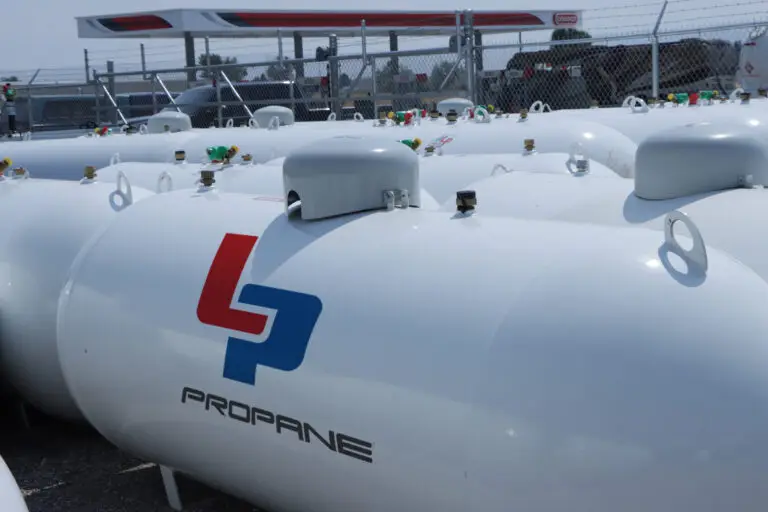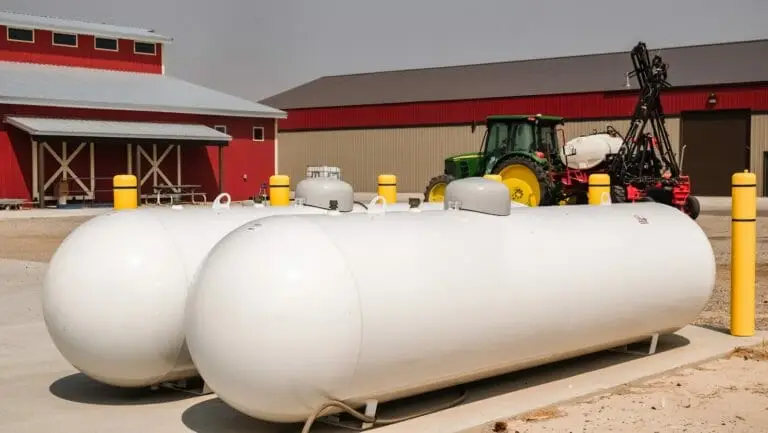
How Many Gallons Are in a 100 lb Propane Tank
If you’re wondering, “how many gallons is a 100 lb propane tank?” you’ve come to the right place. Understanding propane tank sizes and conversions is essential for efficiently managing propane usage, whether for heating, cooking, or other outdoor applications. A

